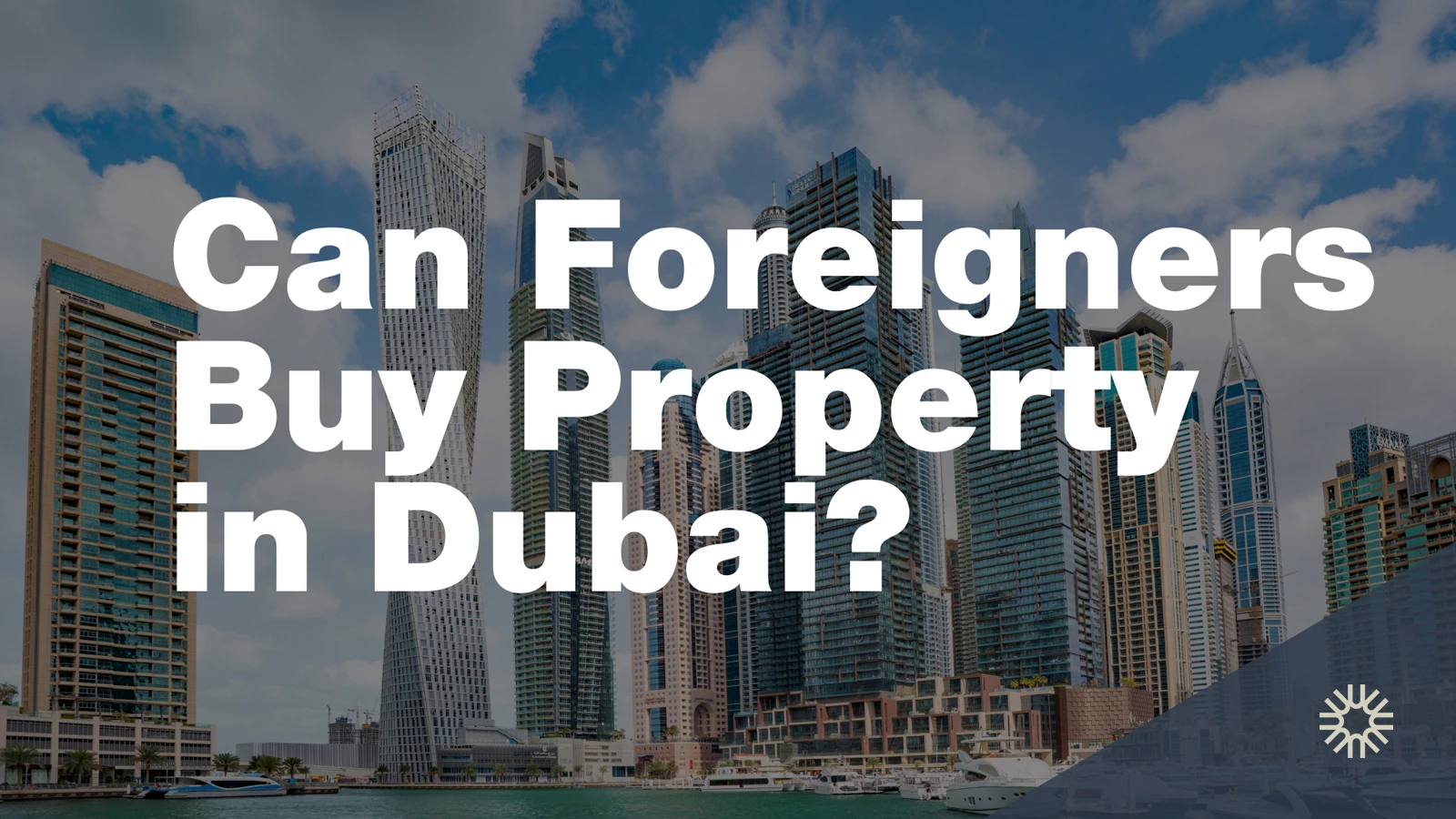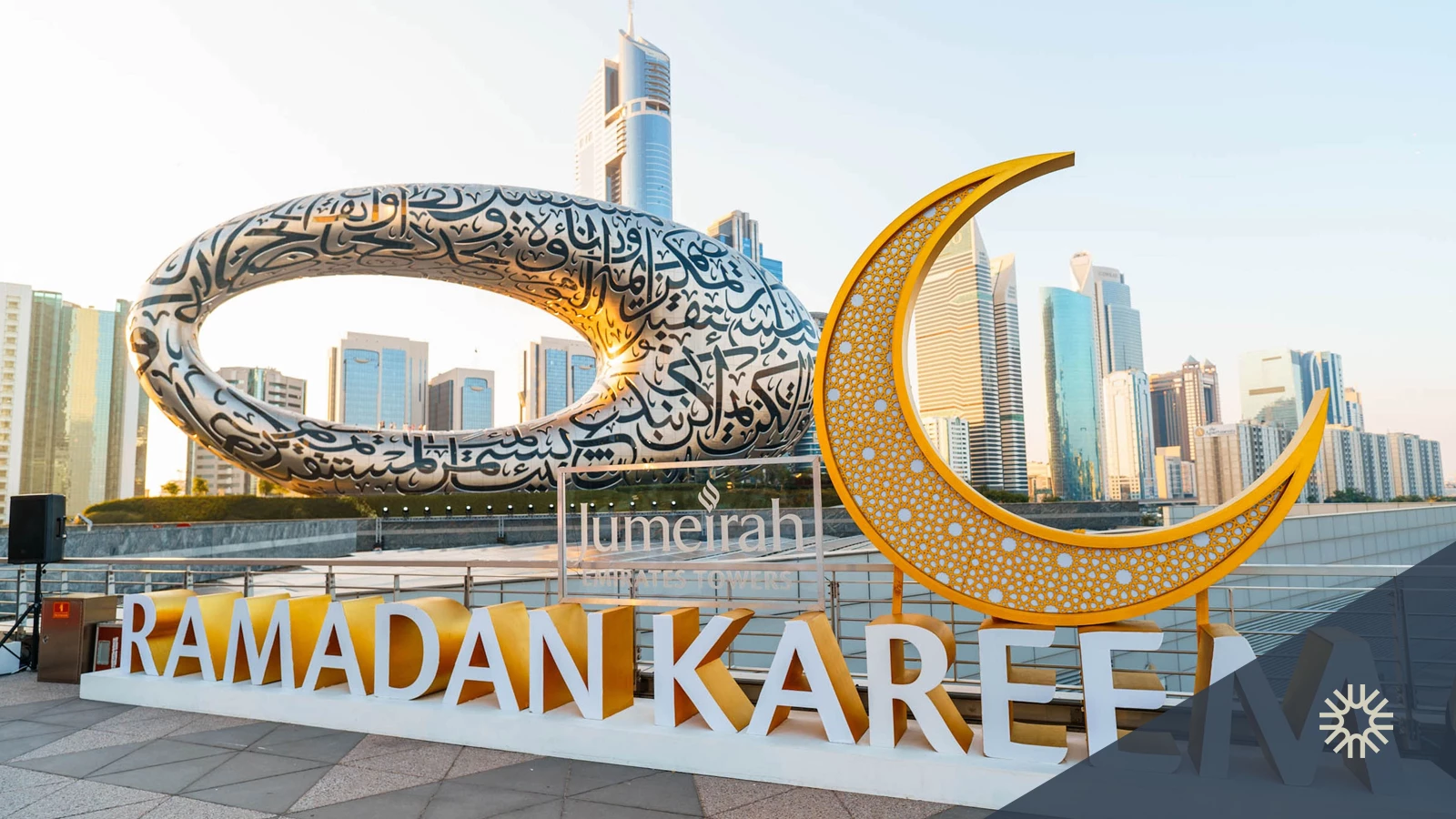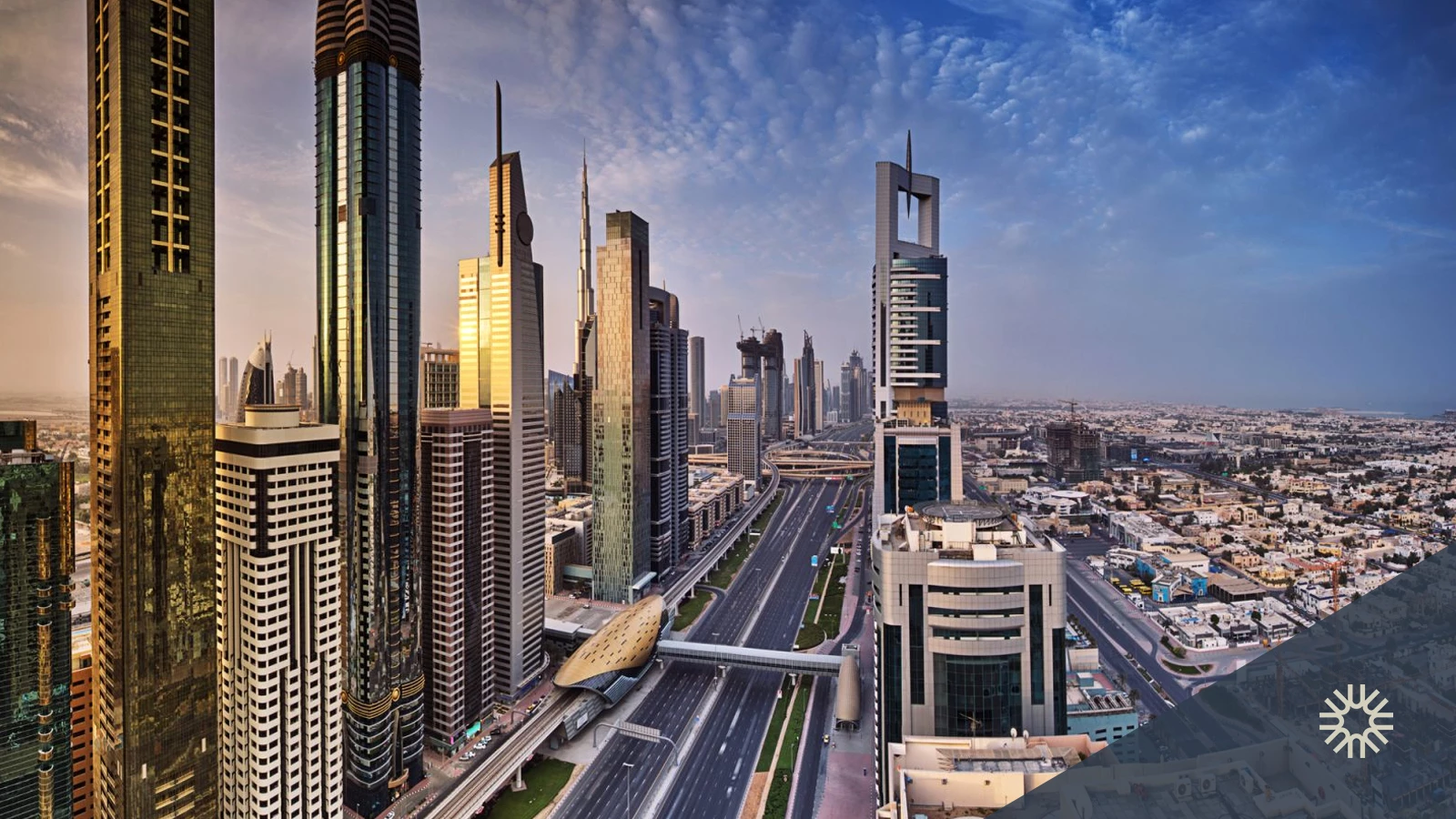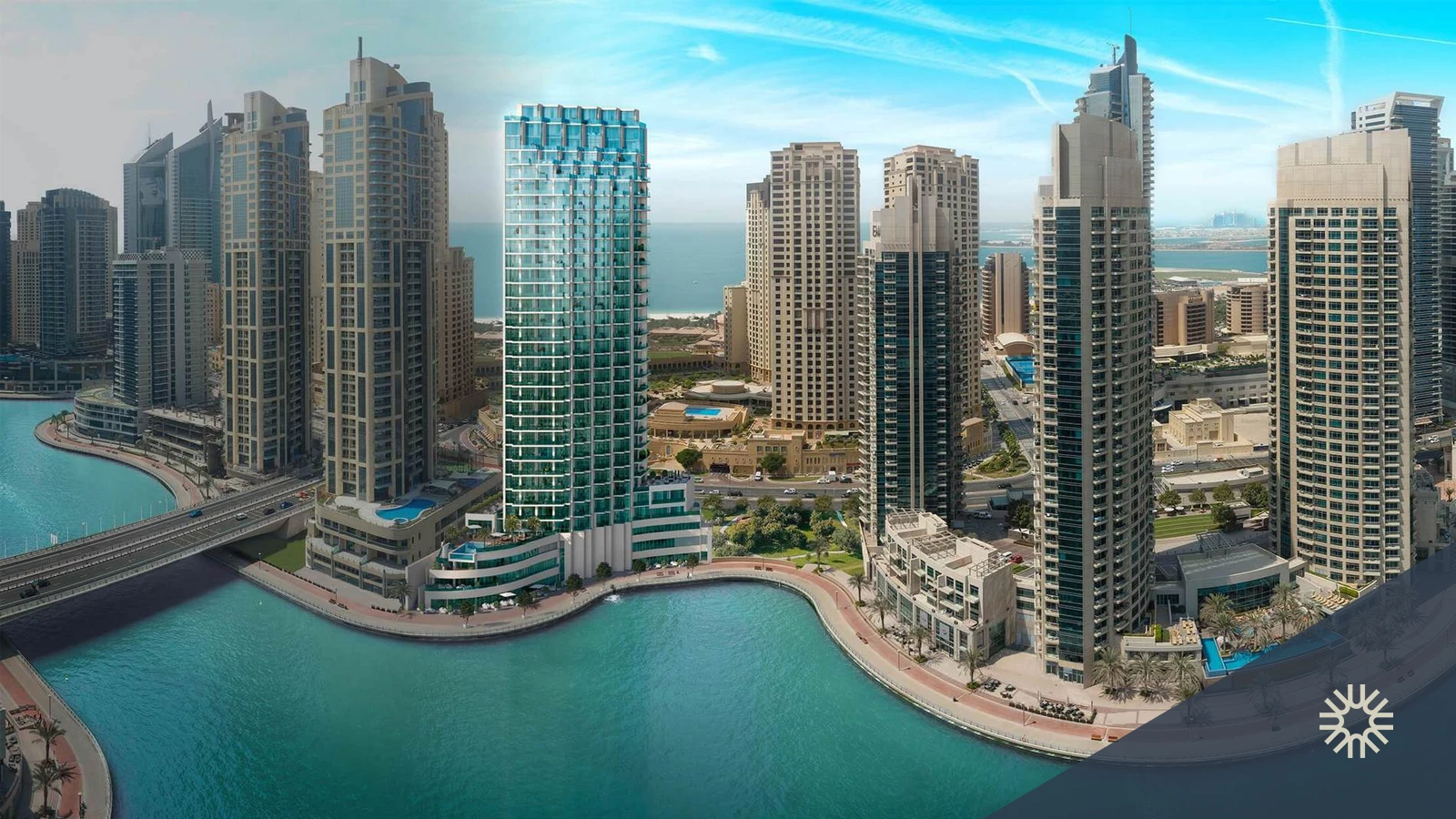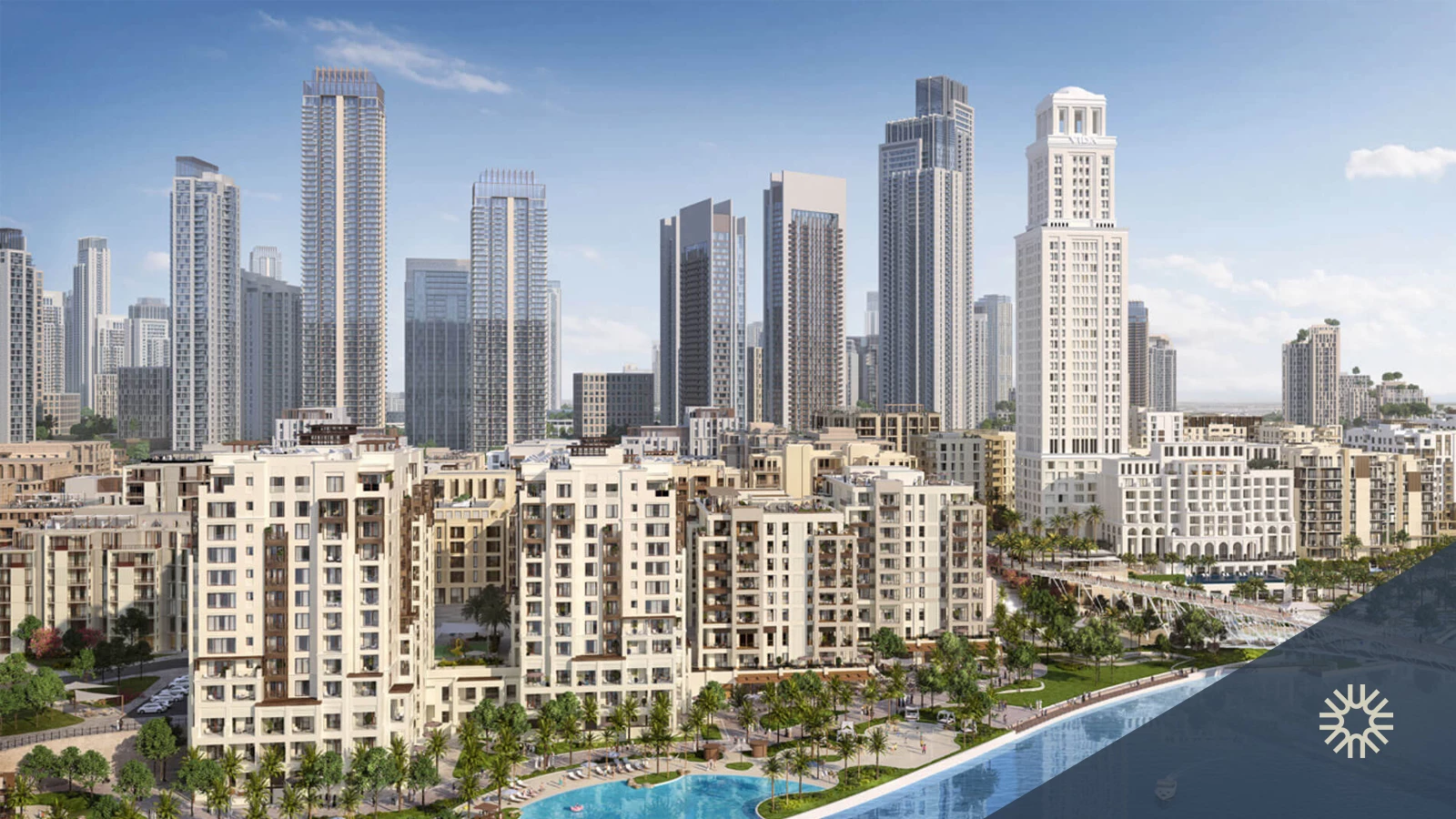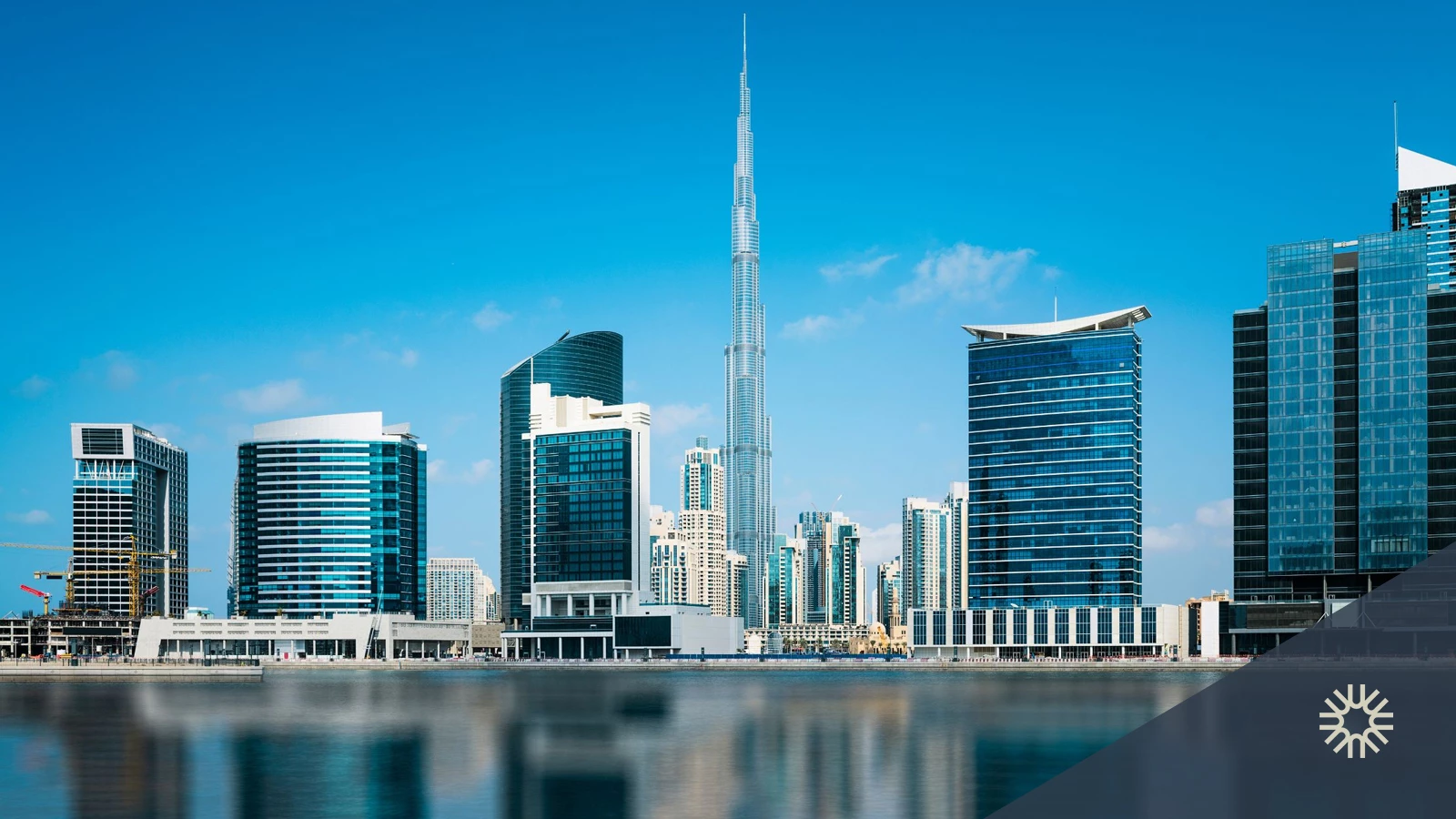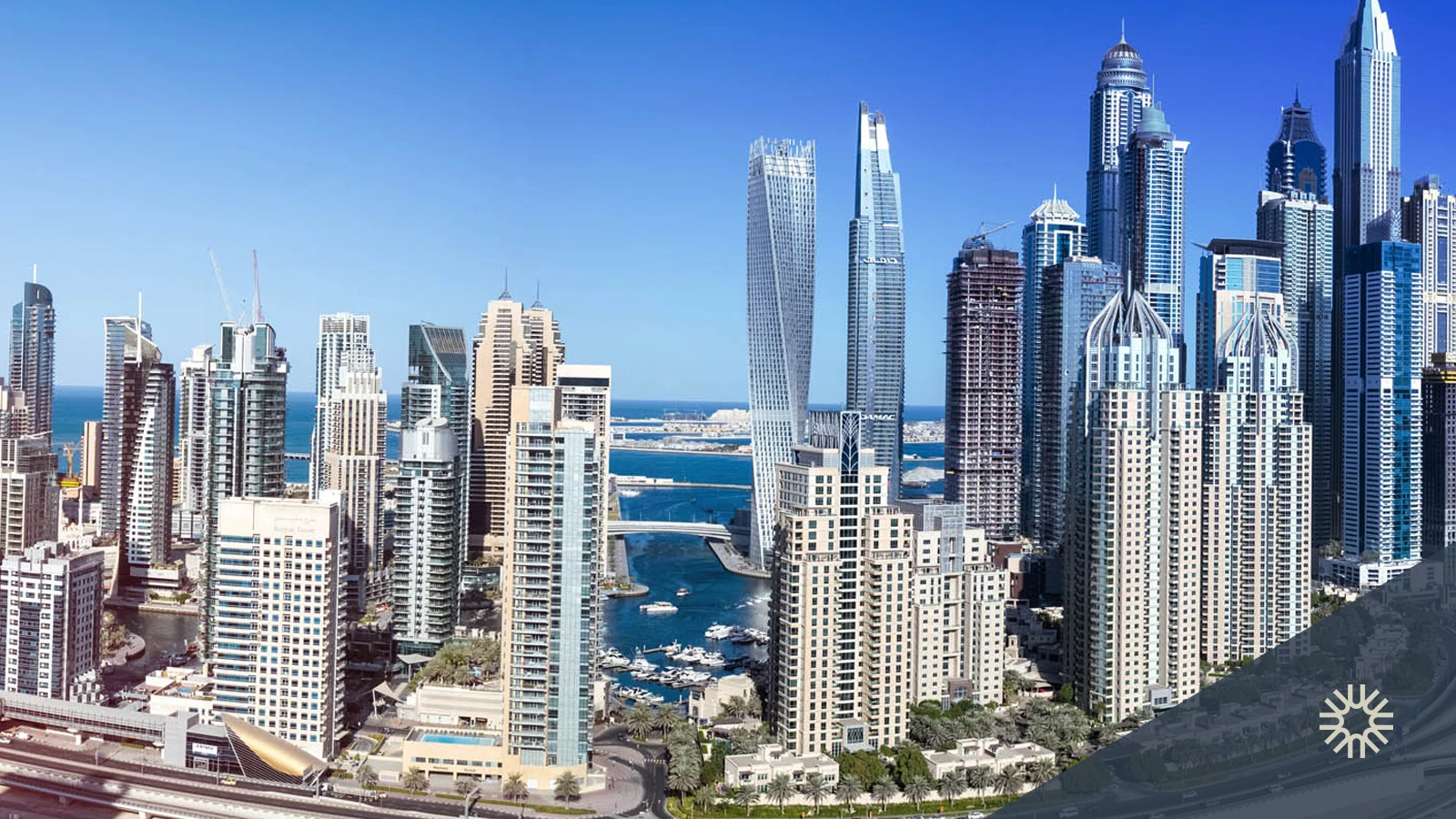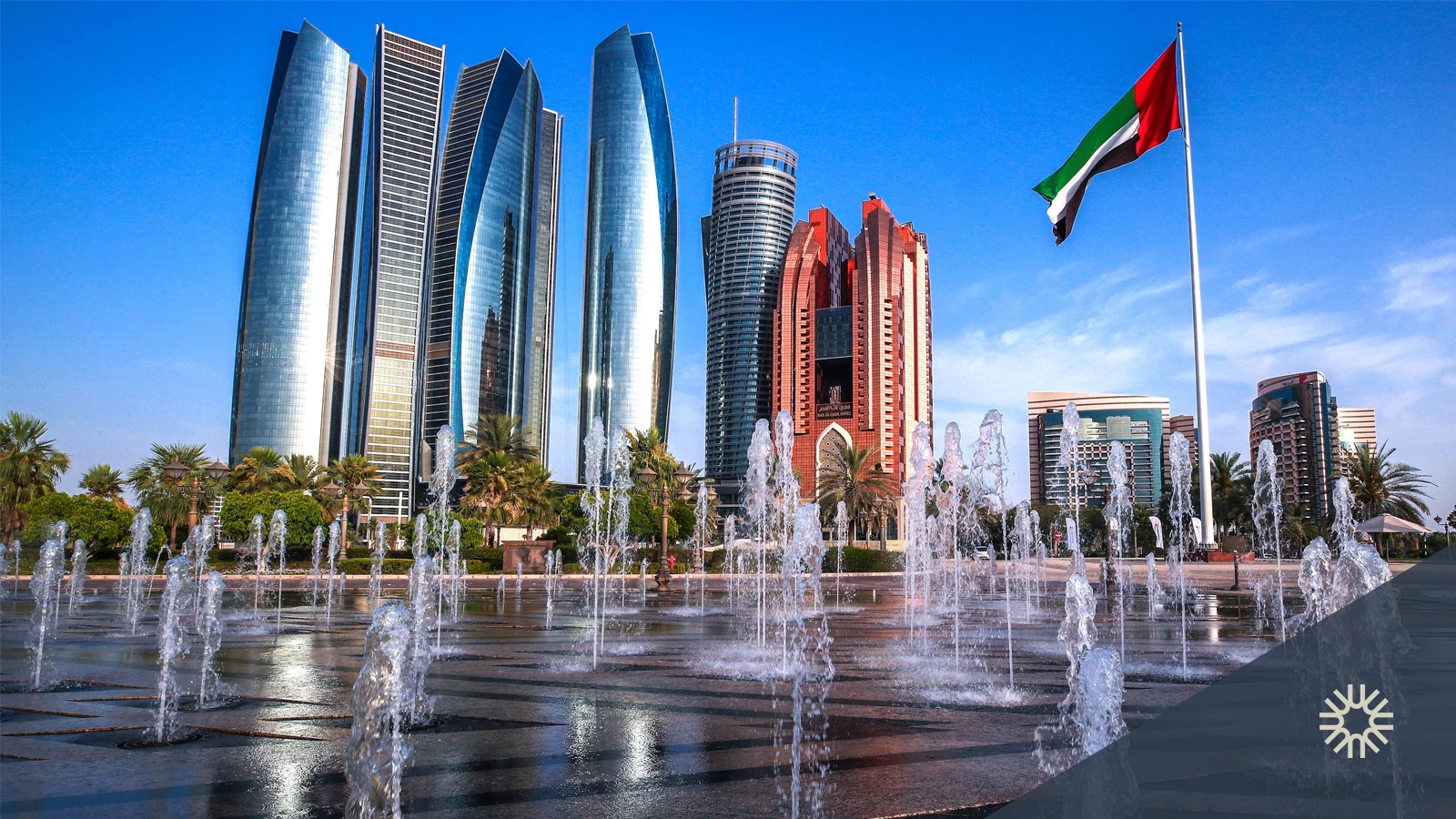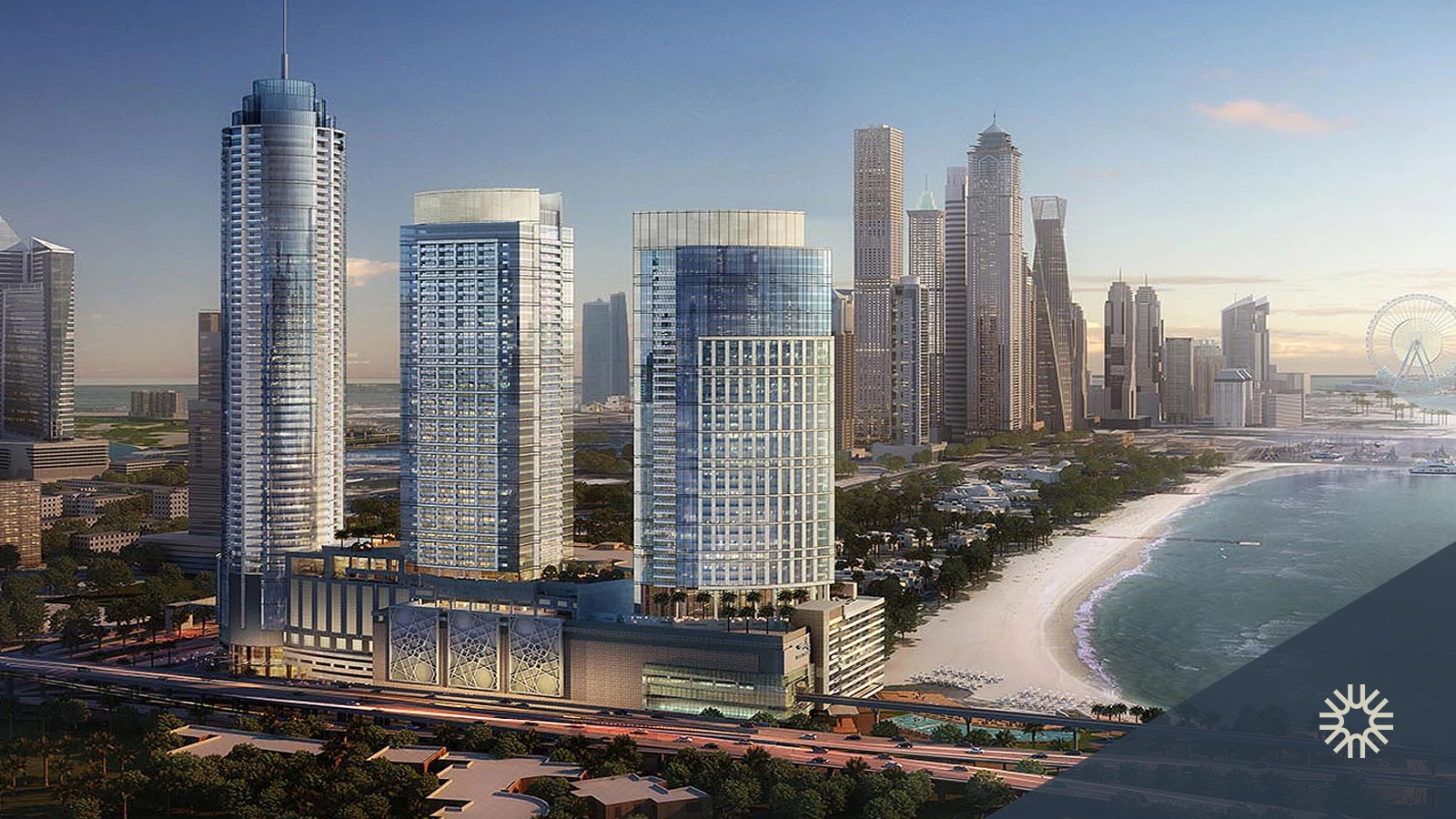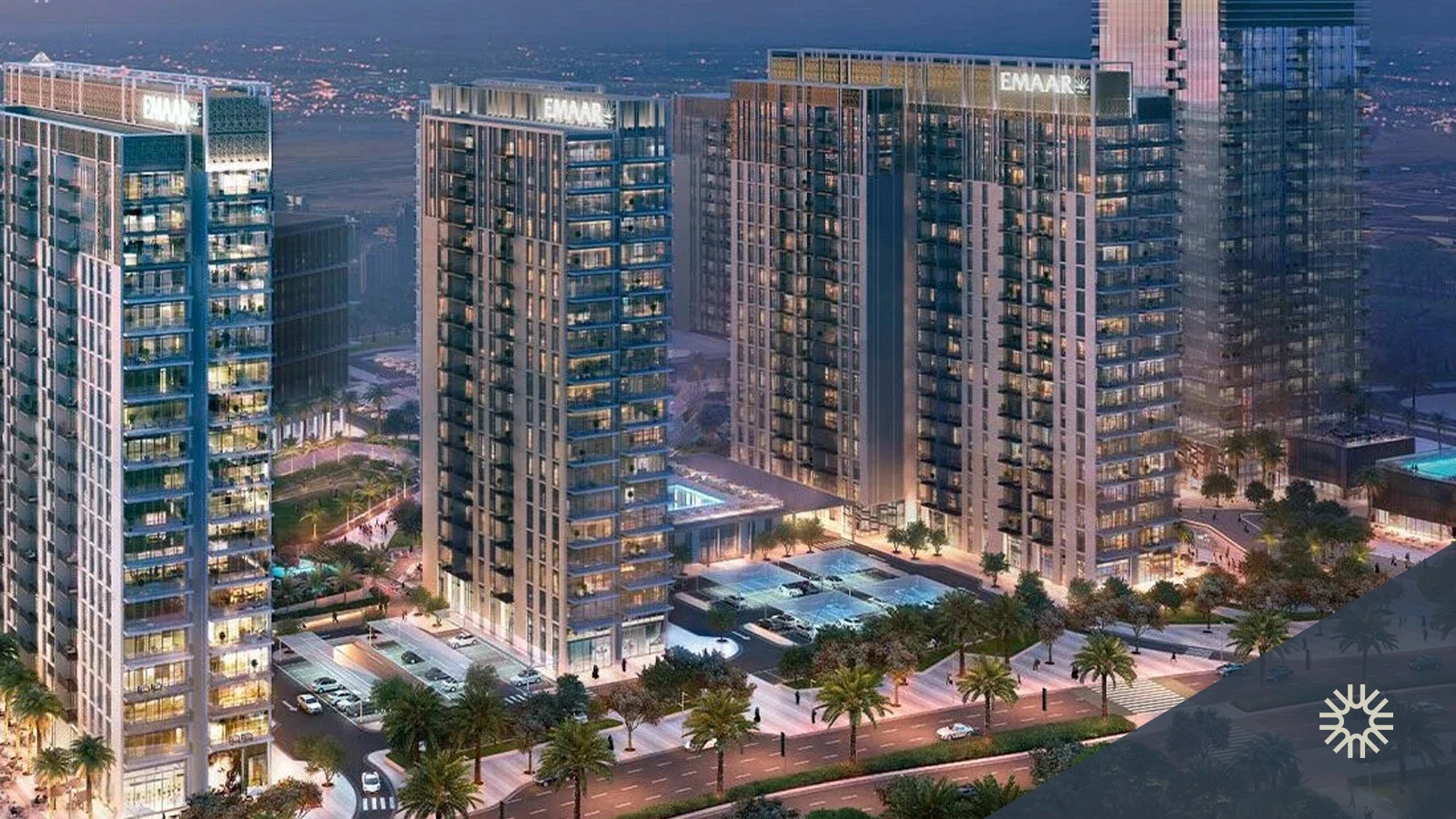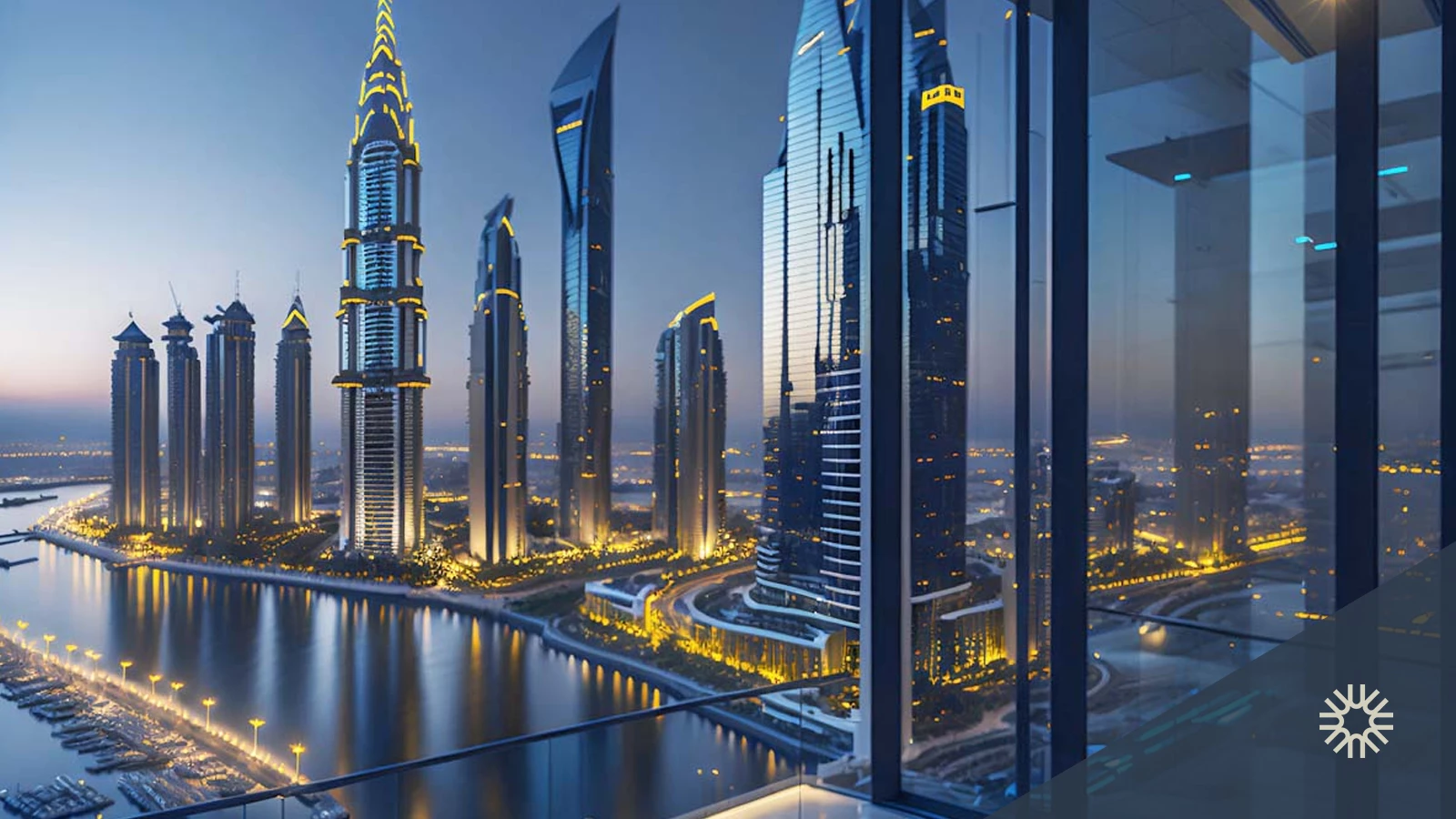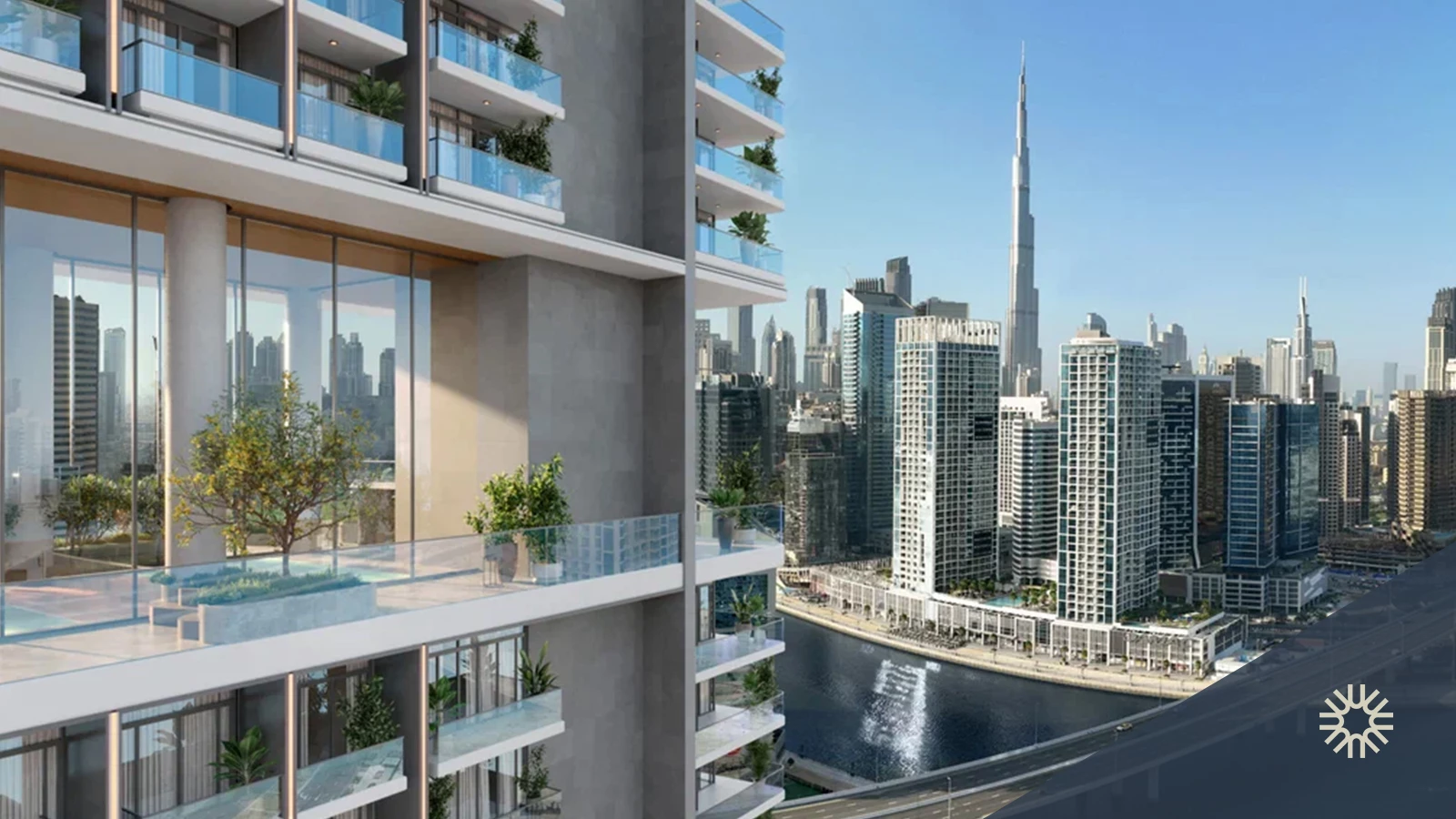How to Secure Financing for Real Estate Investments in Dubai?
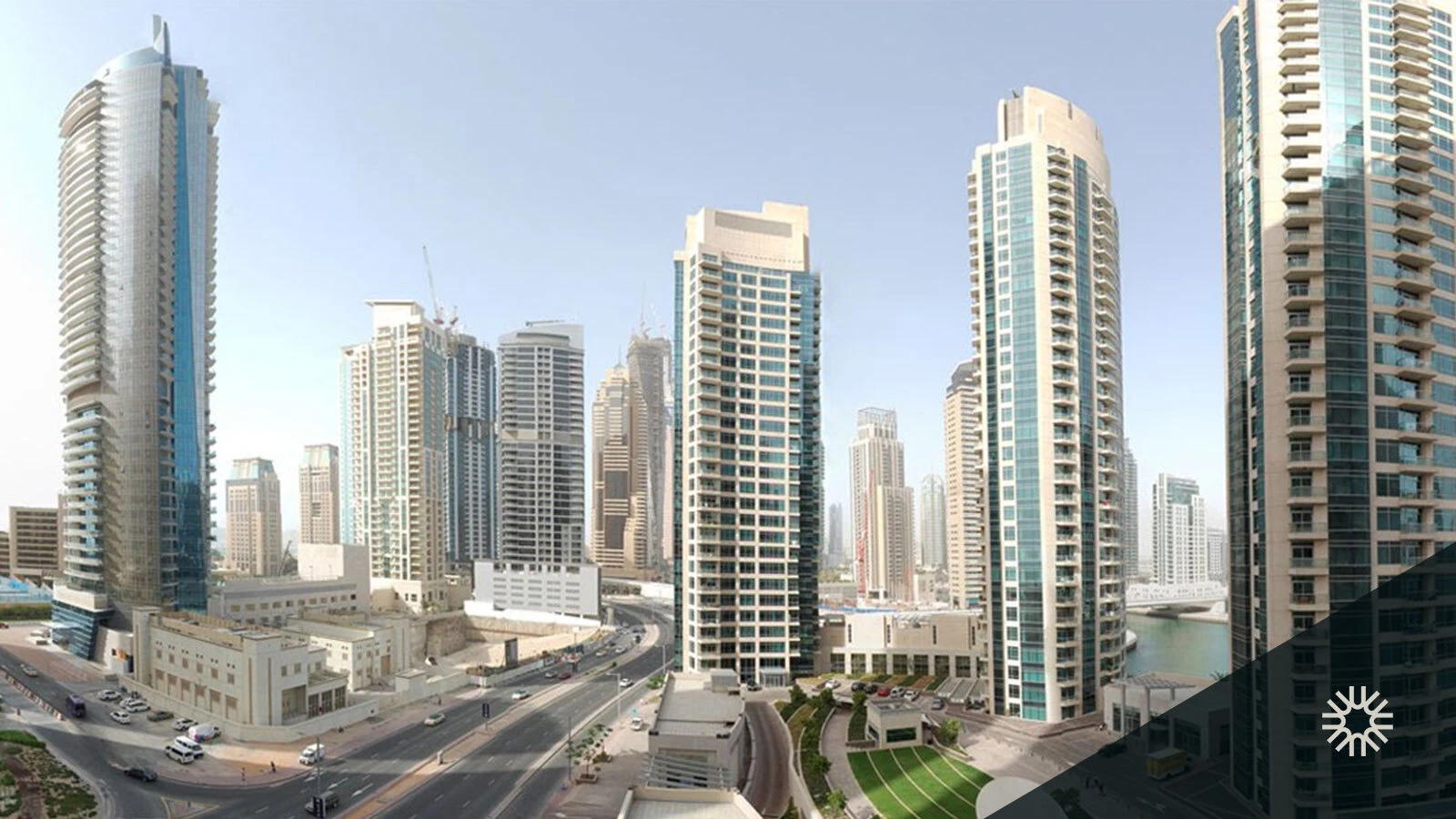
Real estate investments in Dubai have long been popular due to the city’s rapid growth, luxurious lifestyle, and status as a global business hub. However, financing such investments can be a challenge for both residents and international investors. In 2024, understanding the various options available to secure financing for real estate investments in Dubai is crucial to navigating the city's competitive market.
This guide will break down the financing process step-by-step, supported by research and numbers to help you make informed decisions.
1. Mortgage Financing in Dubai: The Basics
Securing a mortgage is one of the most common ways to finance real estate investments in Dubai. Both residents and non-residents can access mortgage options through local banks, with some key differences in terms of loan-to-value (LTV) ratios and interest rates.
- Loan-to-Value (LTV) Ratio:
- Interest Rates:
2. Private Lending and Financing Options
In addition to traditional banks, private lending has emerged as an alternative financing option in Dubai’s real estate market. Investors seeking quick approvals, flexible terms, or higher loan amounts may turn to private lenders, though this usually comes with higher interest rates.
- Developer Financing:
3. Islamic Financing Options
- Ijara Financing:
Under Ijara, the bank purchases the property and leases it to the investor over an agreed period, with the investor eventually owning the property.
- Murabaha Financing:
4. Eligibility Criteria and Documents Required
Securing financing for real estate investments in Dubai requires meeting specific eligibility criteria, whether you are a resident or a foreign national.
Here are the typical requirements:
For Residents:
For Non-Residents:
Documents Required:
5. Key Areas to Invest in Dubai for 2024
For those seeking the best opportunities in 2024, focusing on High Return on Investment Areas in Dubai is crucial. These include:
- Dubai Marina:
Known for its luxury high-rises and vibrant waterfront living, Dubai Marina offers competitive rental yields, averaging between 6-7%, making it a strong choice for investors.
- Dubai Islands:
A relatively new development, Dubai Islands offers potential for capital appreciation as the area develops, with many off-plan properties available for investment.
- Jumeirah Lake Towers (JLT):
Offering a mix of commercial and residential spaces, JLT has seen consistent growth in rental yields, making it a stable investment option.
